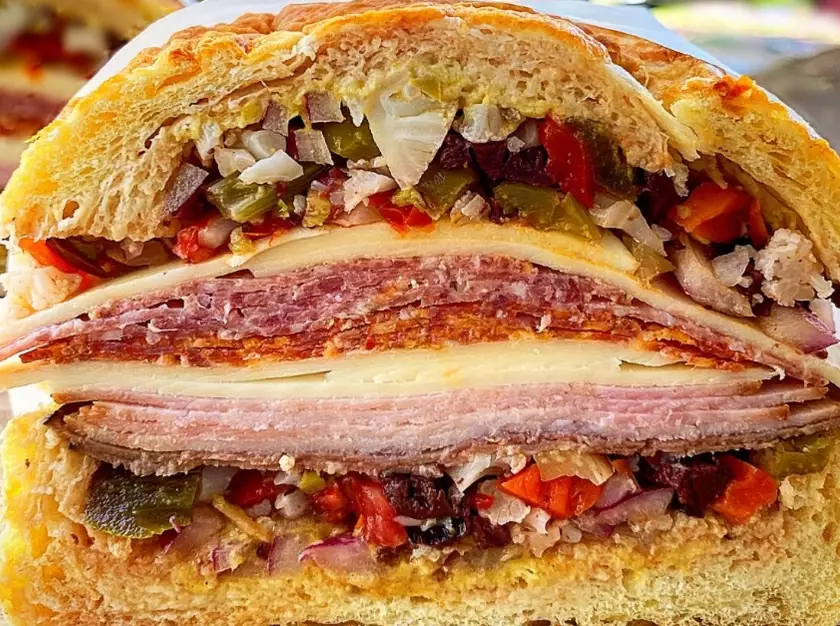The food business license is an important certificate for food operators to legally engage in food business activities, with a clearly defined validity period. However, some operators continue to operate after the license has expired, which has sparked a controversy: does an expired food business license constitute unlicensed operation? The following will elaborate on the relevant content in detail!
Regarding the definition of an expired food business license, the key lies in understanding the term "valid." The license usually clearly indicates a "validity period," and expiration means that the license has lost its legal force and cannot serve as a basis for legal operation. From a legal perspective, businesses with an expired food business license are actually in a state of unlicensed operation.
I. After the food business license expires, operators face the following issues:
1. Legal Liability
According to the "Food Safety Law" and other relevant laws and regulations, operating food businesses without a license is illegal. Regulatory authorities have the right to investigate and penalize such activities, including but not limited to warnings, fines, confiscation of illegal gains, orders for business suspension and rectification, and even revocation of business licenses. For serious cases, criminal liability may also be involved.
2. Reputational Damage
The public is highly sensitive to food safety issues. Operating without a license not only affects consumers' trust in the business but may also attract media attention and public opinion pressure, causing serious damage to the brand image.
3. Economic Risks
Operating without a license may lead to businesses facing consumer claims, compensation requests, and economic pressures such as fines and business suspension losses due to regulatory actions. In addition, due to the inability to provide a valid business license, businesses may lose the opportunity to establish stable commercial relationships with suppliers and partners, affecting business expansion.II. Response Methods
1. Renew in Advance
Pay attention to the validity period of the license, understand and prepare the necessary materials for renewal in advance, and ensure that the renewal application is completed before the license expires to avoid a "gap period."
2. Cease Operations Immediately
Once it is discovered that the license has expired, all food business activities should be stopped immediately, and the renewal or reapplication for the license should be processed as soon as possible. Operations should not be resumed until a valid license is obtained to avoid legal risks.
3. Proactively Rectify
If the inability to renew smoothly is due to substandard operating conditions, rectification should be carried out according to the requirements of the regulatory authorities to improve food safety management levels until the licensing standards are met.
4. Communicate Openly and Transparently
In case of special circumstances that temporarily prevent normal operations, timely and transparent communication should be conducted with consumers, suppliers, and other stakeholders, explaining the reasons, and seeking understanding and support to minimize reputational damage.In summary, an expired food business license is undoubtedly considered to be operating without a license, which for businesses means not only legal responsibilities, economic risks, and reputational damage, but also concerns the life and health safety of consumers. Therefore, food operators must place great importance on the effective management of licenses to ensure that they always carry out business activities in a legal and compliant manner, which is also a strong reflection of their commitment to public food safety.
Follow me to learn more about financial and tax tips.




























Comments